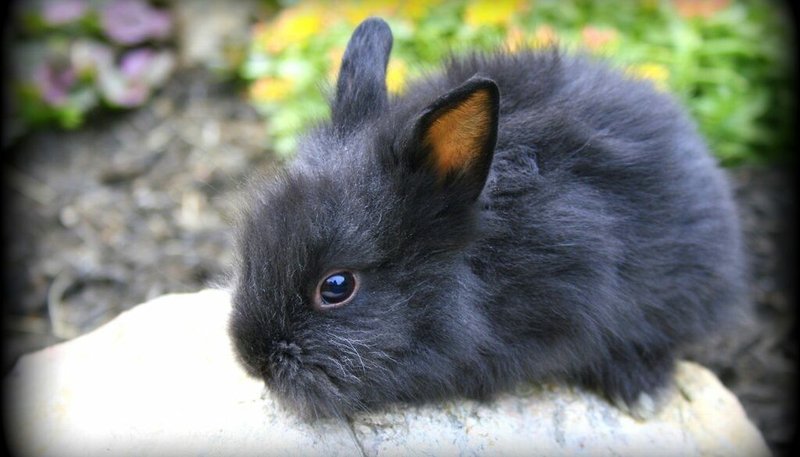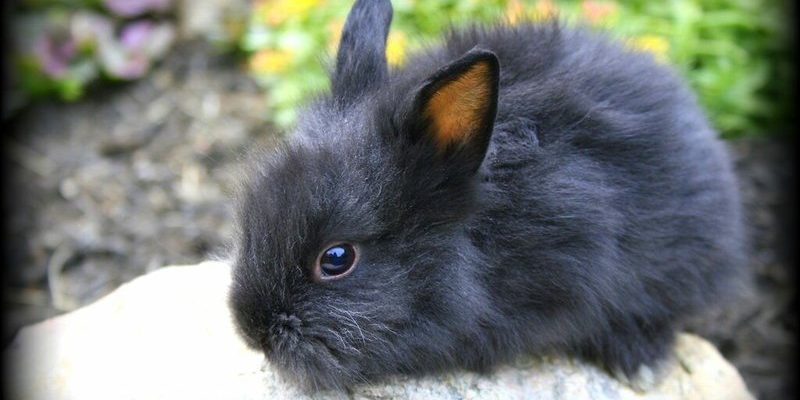
When it comes to lionheads, keeping an eye out for common health problems and knowing how to prevent them is key. Imagine your rabbit as a little athlete—keeping them fit and healthy can help them avoid injuries and illnesses. So, let’s dive into some common health issues lionhead rabbits might face and how you can prevent them from happening. Ready? Let’s hop in!
Dental Problems
One of the most common health issues in lionhead rabbits is dental problems. Rabbits, including lionheads, have continuously growing teeth, which means they need to chew on things to wear them down. If they don’t wear their teeth down properly, it can lead to overgrown teeth, which can cause pain and difficulty eating. Imagine trying to chew your food with a toothache—that’s what your rabbit experiences.
To prevent dental issues, make sure your lionhead has plenty of chew toys. Natural wood or cardboard items can help keep their teeth in check. It’s also essential to provide a diet high in fiber, like hay and fresh vegetables, which aids in natural tooth wear. Regular check-ups with a vet can also help catch any problems early.
The Importance of Chewing
Here’s the thing: if your lionhead isn’t chewing enough, it could lead to serious health issues. Overgrown teeth can cause your rabbit pain and lead to other complications, like infections or difficulty eating. So, be proactive about their dental health!
Digestive Issues
Lionhead rabbits can suffer from digestive problems, often due to an improper diet. They need fiber-rich foods to keep their guts moving smoothly. Without enough fiber, your bunny may experience gas, bloating, and even life-threatening conditions like GI stasis. Think of it like a traffic jam in their tummy—everything gets stuck and can cause big problems.
To keep your lionhead’s digestive system happy, feed them high-quality hay, fresh greens, and a limited amount of pellets. Avoid giving them sugary treats or starchy foods. You might be wondering if you’re feeding the right amount. A good rule of thumb is to provide unlimited hay and a few cups of fresh veggies daily.
Keep an eye out for signs of digestive distress, like lethargy or changes in appetite. If you notice your rabbit isn’t eating, it’s time to contact a vet. It’s better to be safe than sorry when it comes to these little fur babies!
Respiratory Issues
Respiratory problems can also plague lionhead rabbits, particularly if they’re exposed to poor living conditions or stress. Dusty bedding, moldy hay, or drafts can lead to sneezing, coughing, or difficulty breathing. Imagine having a cold that just won’t go away—that’s how your rabbit feels.
To prevent respiratory issues, ensure your lionhead has a clean, well-ventilated living space. Regularly clean their bedding and avoid using fragrant cleaning products. Fresh air and a stress-free environment are critical to keeping their lungs healthy.
If your rabbit exhibits unusual breathing sounds, like wheezing or labored breathing, it’s essential to consult a veterinarian. Early intervention can prevent more severe conditions from developing.
Obesity
Just like humans, rabbits can struggle with weight issues. Lionhead rabbits love to nibble, and without enough exercise, they can easily become overweight. Imagine trying to run a marathon with a heavy backpack—it’s tough! Excess weight can lead to various health complications, including arthritis and heart issues.
To prevent obesity in your lionhead, provide a balanced diet and plenty of exercise opportunities. Encourage playtime with toys, tunnels, or even safe, supervised time outside. Keeping your bunny active is crucial for a healthy weight.
Try to set up a daily exercise routine for your rabbit. Even 30 minutes of hopping around can make a big difference. You could create a little obstacle course with boxes and tunnels to make it fun and engaging.
Skin Issues
Lionhead rabbits have beautiful fur, but that fluffy coat can also lead to skin problems if not properly cared for. Hair matting, sores, and infections can occur if their fur isn’t groomed regularly. It’s like having a friend who never brushes their hair—it can lead to some unsightly tangles and discomfort.
Regular grooming is essential for keeping your lionhead’s coat healthy. Brush them at least once a week to remove loose hairs and prevent matting. If your rabbit has long fur, consider grooming more often, especially during shedding season.
Watch out for signs of skin issues, like excessive scratching, bald patches, or sores. If you notice any of these, consult your veterinarian for advice on proper care and treatment.
Taking care of a lionhead rabbit comes with its own set of challenges, but being aware of common health problems and how to prevent them makes a huge difference. From dental care to digestive health, every aspect of your bunny’s care plays a role in their overall well-being.
Remember, prevention is key—keeping your rabbit happy and healthy means giving them the right diet, a clean living space, and plenty of love. By being attentive and proactive, you can help your lionhead live a long, happy life full of hops and cuddles. So grab that brush, make those vet appointments, and keep your little bunny thriving!

